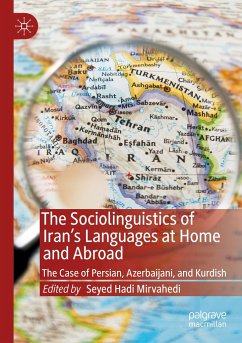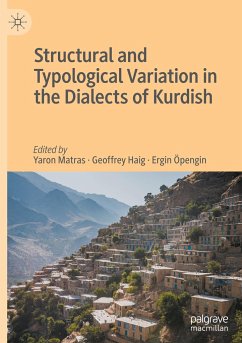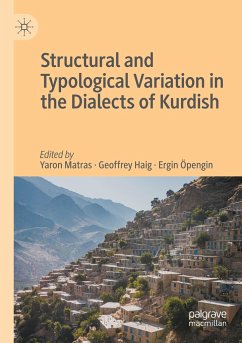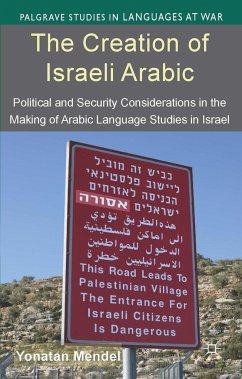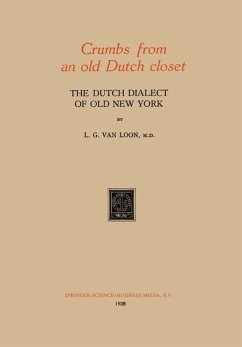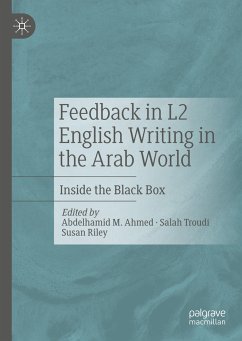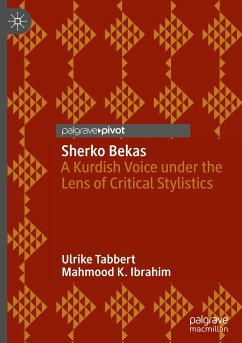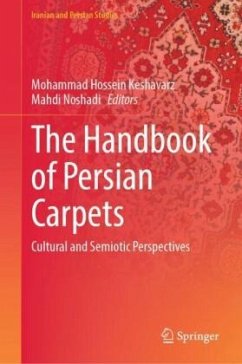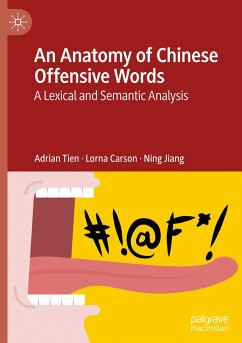
The Sociolinguistics of Iran's Languages at Home and Abroad
The Case of Persian, Azerbaijani, and Kurdish
Herausgegeben: Mirvahedi, Seyed Hadi

PAYBACK Punkte
42 °P sammeln!
This book examines the sociolinguistics of some of Iran's languages at home and in the diaspora. The first part of the book examines the politics of minority languages and the presence of hegemonic discourses which favour Persian (Farsi) in Iran, exploring issues such as language maintenance and shift, linguistic ideologies and practices among Azerbaijani and Kurdish-speaking communities. The authors then go on to examine Iranians' linguistic ideologies, practices and (trans)national identity construction in the diaspora, investigating both the challenges of maintaining a home language and the...
This book examines the sociolinguistics of some of Iran's languages at home and in the diaspora. The first part of the book examines the politics of minority languages and the presence of hegemonic discourses which favour Persian (Farsi) in Iran, exploring issues such as language maintenance and shift, linguistic ideologies and practices among Azerbaijani and Kurdish-speaking communities. The authors then go on to examine Iranians' linguistic ideologies, practices and (trans)national identity construction in the diaspora, investigating both the challenges of maintaining a home language and the strategies and linguistic repertoires employed when constructing a diasporic identity away from home. This book will be of interest to students and scholars of minority languages and communities, diaspora and migration studies, and language policy and planning.



